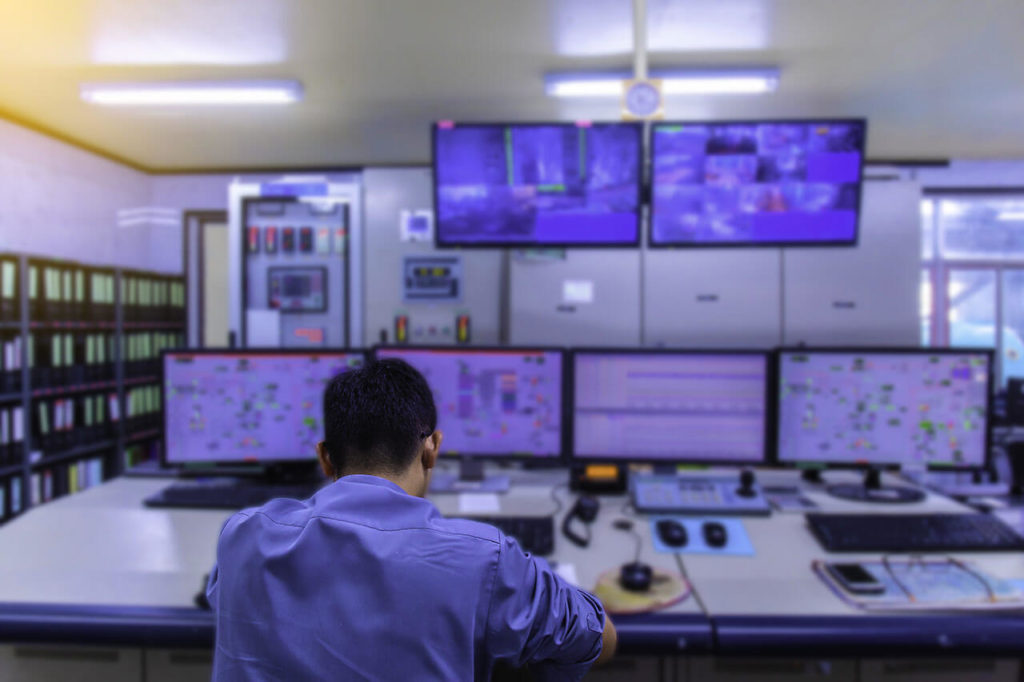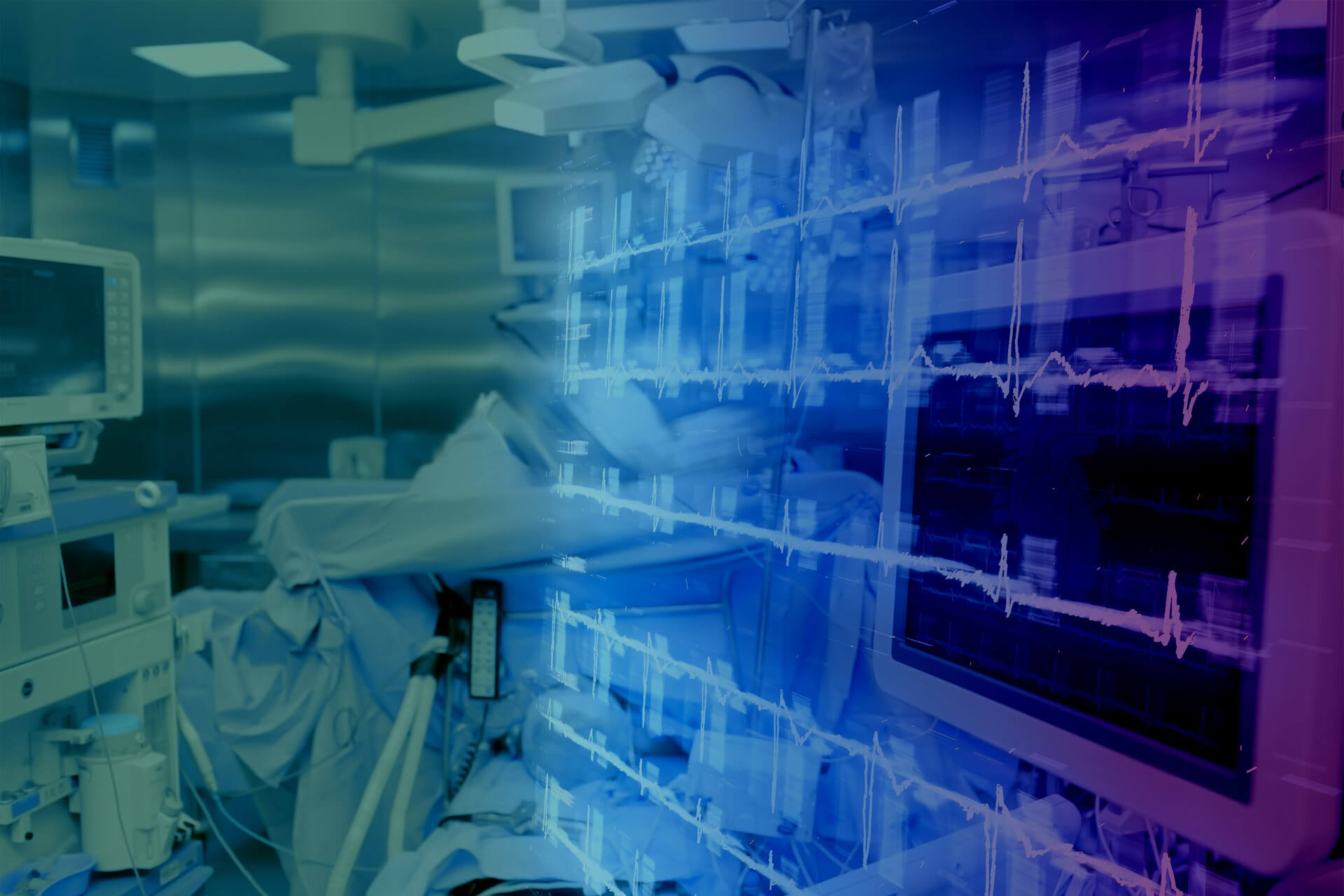It is important to point out that hospitals require electrical systems with requirements that are different from those of a domestic installation.
That is why we believe it is appropriate to provide some advice for designing an electrical system in hospitals.
Keep in mind that an inadequate energy supply can cause consequences such as loss of human life.
In addition, considering that the use of so much vital equipment, which are powered by electricity, it becomes a kind of protagonist on the hospital stage.
How, then, can we make a good design of electrical systems for hospitals?
In this article we will give you the answer, with our practical advices.
Each hospital has its own particular needs
The first thing that must be recognized is that each hospital has a different reality. It is true that they all have the same departments, provide health services, among other similarities.
But we mean that each hospital has a different distribution of its areas, different dimensions, some have more equipment in the operating theatre than others.
Therefore, trying to create a standard electrical system is already a mistake. We should start with an evaluation of the hospital facility.
The first advice for the design of an electrical system in hospitals is to evaluate the needs of each area of the hospital, identifying the electrical risks of the same.
That’s how you get data on:
- Energy sources
- Local network
- Actual charging requirements
- Among other fundamental aspects
In the process of evaluation, it should be considered that essential electrical systems need to be independent from others, and these should have identical conduits, cabinets or boxes

There must be an emergency electrical system at all times
Another tip for designing a hospital electrical system is considering the emergency electrical system.
As we have already said, both the emergency system and the equipment system must be independent from other installations, and they must also have:
Critical branch l
These are the neonatal areas, nursing stations, pharmacy dispensing, emergency room, laboratory and Intensive Care Unit (ICU).
Vital branch
Include signals, evacuation lighting, generator rooms, alarm and warning system, communications systems and elevators.
What problems should electrical systems in hospitals avoid?
One of the reasons why the design of electrical systems in hospitals requires special treatment is due to the possible failures that could happen and that would affect more the human life of patients and even personnel than installations.
That is why we always emphasize on evaluation and advice, since an expert can provide better insight into what should be done to correct flaws.
Some of those that are presented, and can be avoided with good design, are the following:
- Frequency variations
- Suspension of services in an area
- Voltage fluctuations
- Transients caused by other charges with the same power
- Failures as a result of natural events on distribution lines
With an emergency power system these failures will not cause any unfortunate consequences in the hospital context.
Among the measures that can be considered is the installation of UPS uninterruptible power supply systems, which will allow a good flow of electricity to continue.
The installation of IT power supply systems, capable of guaranteeing the quality of the power supply, should also be considered.
This sort of installations will reduce risks and avoid the exposure of the patient to events such as microampere currents or electrical leakage in critical areas.
Therefore, our recommendations can be summarized in three important aspects:
- Evaluation
- Advice
- Emergency electrical system
At ETKHO we can help you
Finding professionals who are exclusively dedicated to the installation of electrical systems for hospitals can be a difficult task. You can find general electrical installation companies.
However, as a health care professional you know the benefits of specialties. Going to a pediatric doctor is not the same as going to a surgeon. Each one has a range of special knowledge for different settings and different types of patients.
The same thing happens when it comes to electrical systems. If you go to a generalist, you take the risk of having a standard check-up and a standard design.
Hospital specialists have the expertise to predict and identify specific risks in a hospital context.
We know what is required to protect the equipment, so that it works well and in the event of a power failure does not put the life of the patient, the staff and therefore the reputation of the hospital unit at risk.
That is why we offer our specialized services, which include advice and diagnosis, since we do not apply action until we know in detail the status of the hospital’s current electrical system.
We also provide our services for hospital or health unit projects under construction, ensuring that you can count on a professional and adequate facility according to the nature of your hospital project.
ETKHO is a good option that you can access today, our experience in the area and reputation enables us to offer you the best service in hospital electrical safety.
An additional advice we can give you is to hire the best. Do not risk human life, or the good condition of the equipment.
Having an optimal design of the electrical system in hospitals, with a high level, is a great responsibility and only an expert advice will help protect the investment made.
Contact us for a quality diagnostic and advisory service tailored to your needs.



